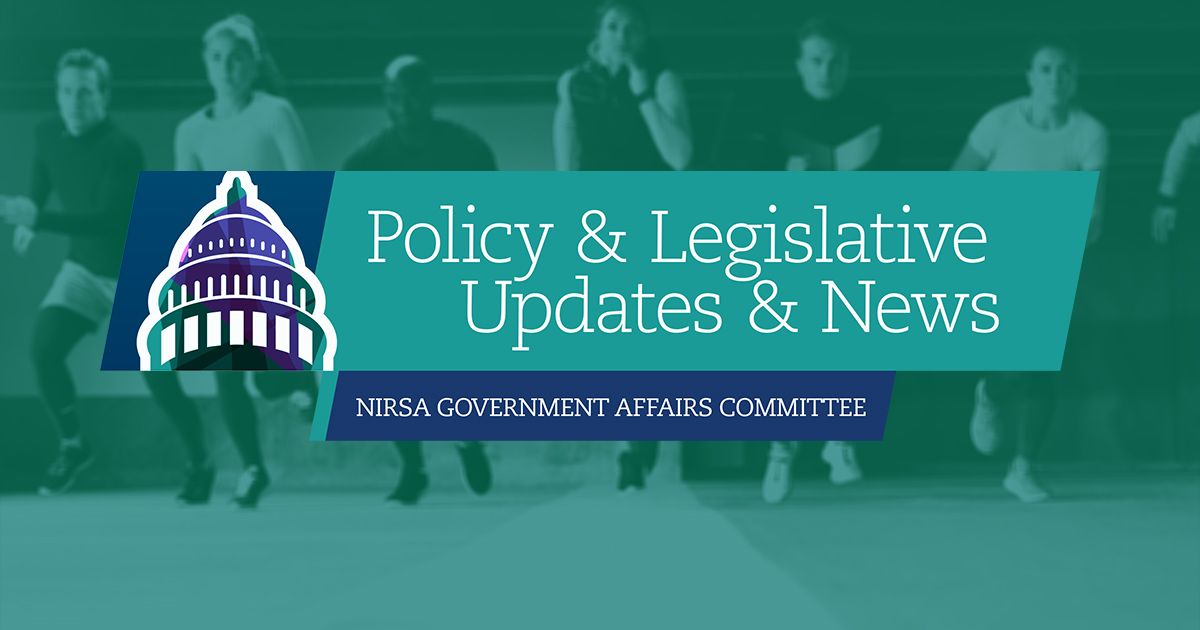On behalf of NIRSA’s Equity, Diversity, and Inclusion Commission, I invite you to take some time this week to review the resources below for context on the DACA discussion. Whether you choose to integrate them into an upcoming staff training or you’re simply reading them to expand your understanding of the vital topics of equity, diversity, or inclusion, these resources can help shape your perspective on social justice and serve as a reminder for higher education administrators of how to best serve students affected by DACA during this turbulent time.
Add your voice to the conversation
We encourage you to connect with colleagues from across North America on this important topic. Join NIRSA’s Equity, Diversity, and Inclusion Community of Practice today to find more resources or to participate in the online discussion.
Kim Rottet is currently the Associate Director, Programs at CENTERS, LLC @ Cleveland State University






